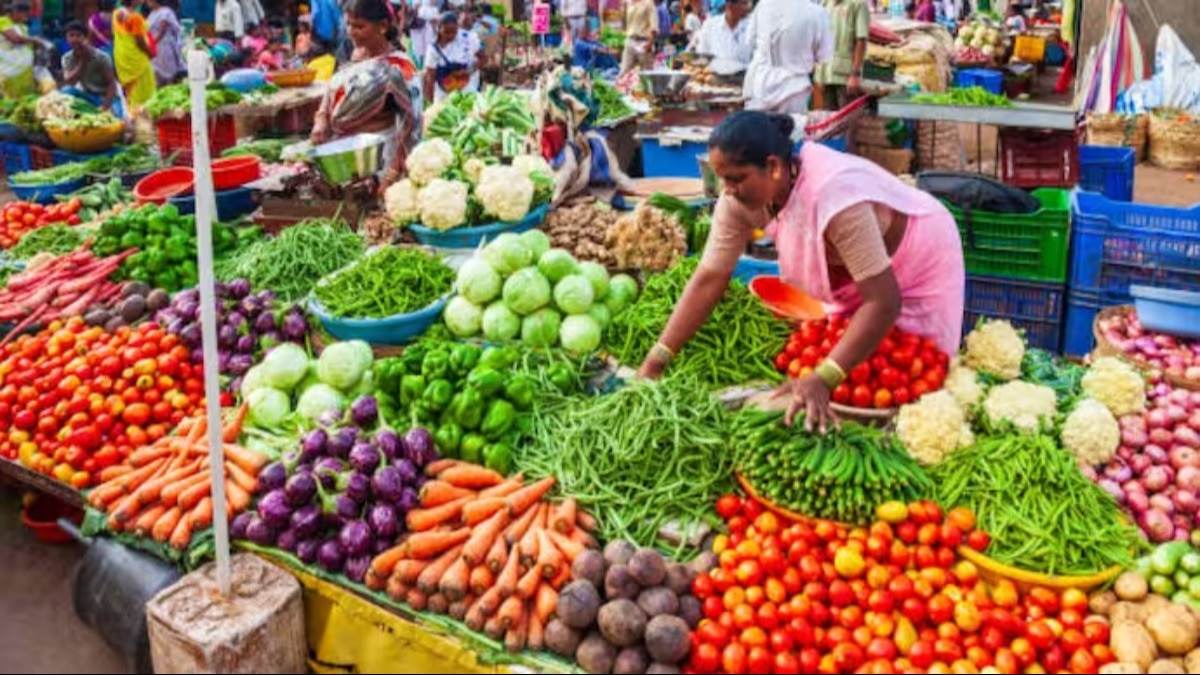Extreme weather conditions are not only impacting your electricity bill but are also pushing up vegetable prices that have dominated retail inflation for over a year now. A new report by Crisil has highlighted that rising intensity and recurrence of weather disturbances have led to frequent bouts of volatility in vegetable prices in recent years. “As climate risks mount, there is a need to mitigate its impact on vegetable production and prices,” it said.
Crisil noted that vegetables were responsible for about 30% of food inflation in FY24, much higher than their 15.5% share in the food index. “While surging prices of tomatoes and onions made headlines in fiscal 2024, the price rise was not limited to these vegetables,” it said. Garlic and ginger, for instance, saw triple-digit inflation of 117.8% and 110.4%, respectively. Other vegetables such as brinjal, parwal and beans also saw a spike in inflation.
Fiscal 2024 saw huge volatility, from a low of -7.9% in May 2023 to a high of 37.4% in July 2023, it said.
The report, which was released on Thursday, further said that in fiscal 2024, while the usual high volatility played out, there were other anomalies that pushed inflation higher. These disturbances included warmer weather, uneven rains and pest attacks.
“As a result, the vegetable price index not only missed its typical seasonal winter decline but also outran the seasonal uptick last year. Average vegetable inflation therefore surged higher in fiscal 2024,” it said.
Vegetables have a weight of 6.04% in the consumer price index based inflation basket (combined), which is the third highest in the food and beverages sub-group, after cereals (9.67%) and milk (6.61%). Overall the food and beverages sub-group has the highest weight in CPI inflation at 45.86%.
In March, CPI inflation stood at 4.85% while vegetable inflation was at 23.84%. This drove inflation in the food and beverages basket to 7.68%.
The State of the Economy article in the monthly bulletin of the Reserve Bank of India had also highlighted that extreme weather events may pose a risk to inflation along with prolonged geo-political tensions that could keep crude oil prices volatile.
“The World Meteorological Organisation (WMO) sounded a red alert about global warming in its latest report “State of the Global Climate 2023”, stating that there is a high probability that 2024 will breach the threshold set in 2023 as the hottest year on record even as the world careens towards a freshwater shortage crisis,” it had said. According to the WMO report, “data from the Indian Meteorological Department (IMD) reflects a worrying escalation in extreme weather events necessitating an urgent and collective response”, it had further noted.


